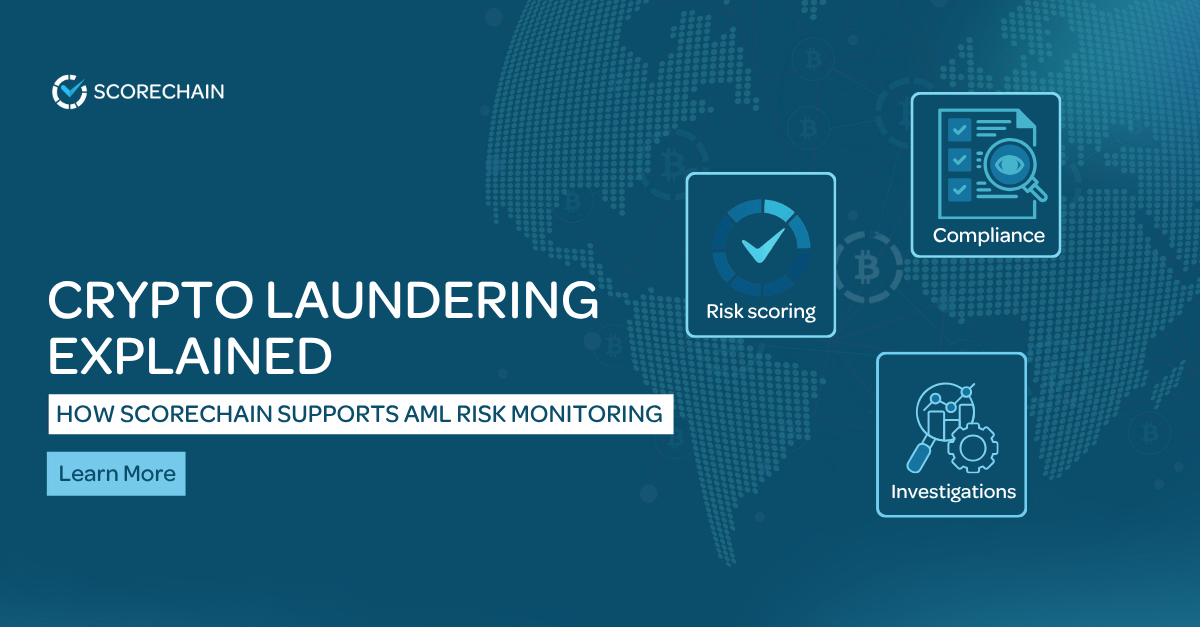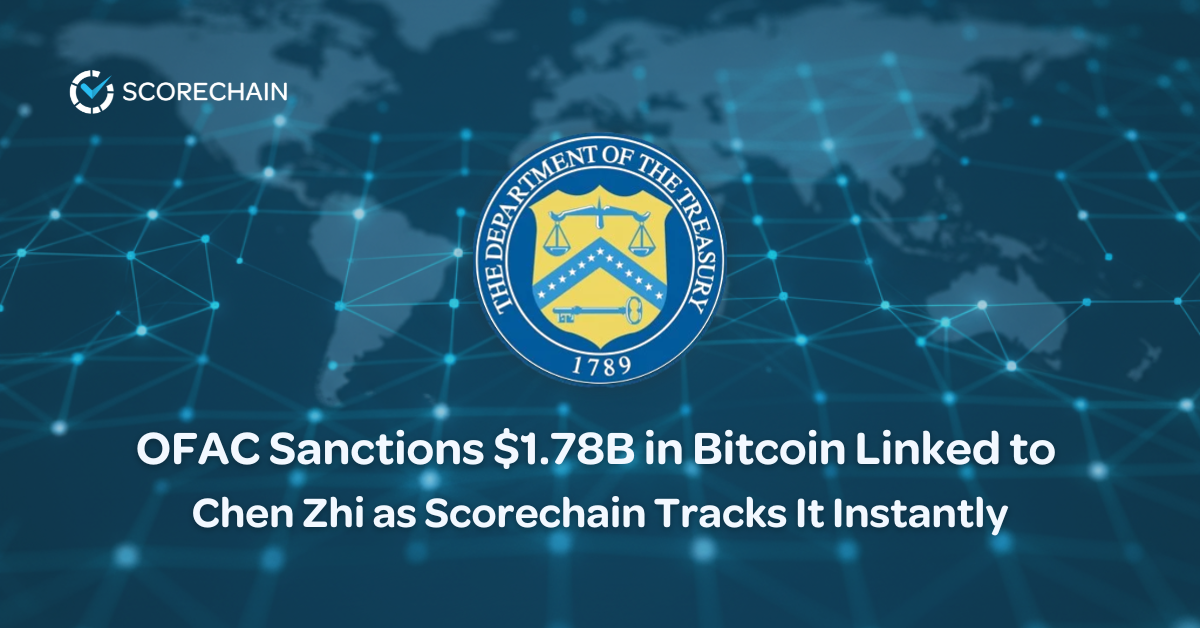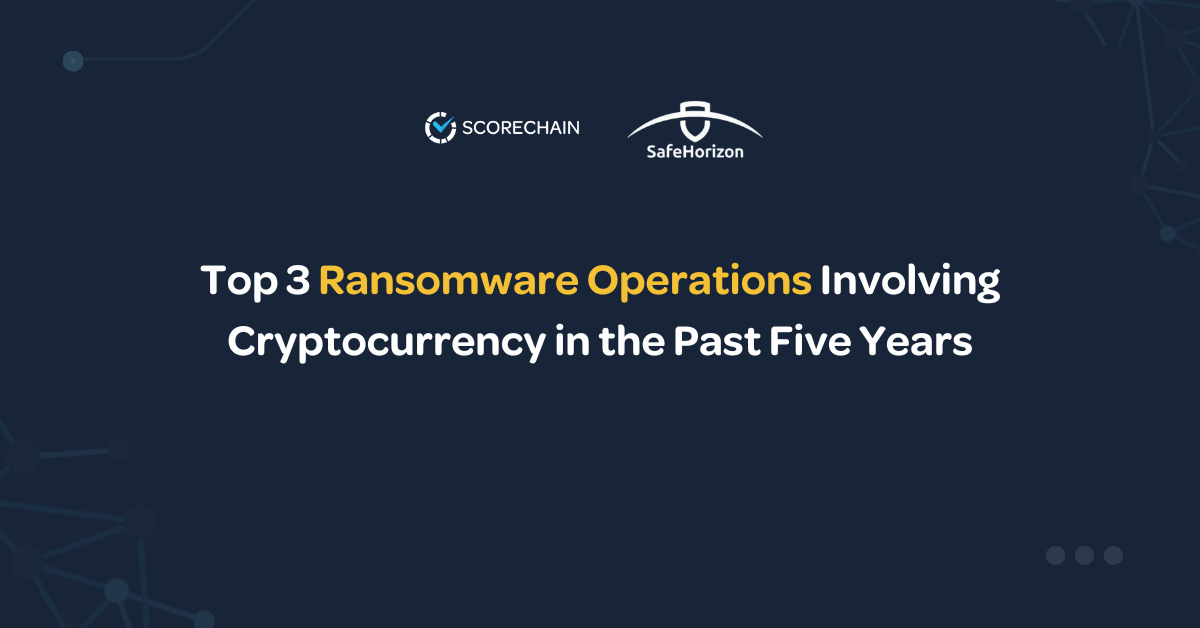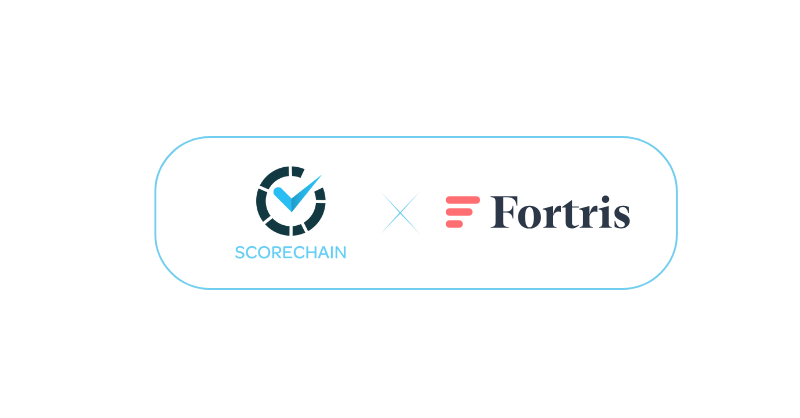As cryptocurrency becomes more mainstream across Europe, Lithuania is taking bold steps to tighten its regulatory framework. With stricter anti-money laundering (AML) requirements coming into force in May 2024 and Lithuania's proactive alignment with MiCA (Markets in Crypto-Assets Regulation), the country is shaping itself into one of Europe’s most stringent yet transparent crypto markets. The key question is: Is your business ready to adapt to these changes?
Establishing a foundation: Stricter AML requirements starting May 2024
On May 1, 2024, Lithuania will implement new AML regulations that introduce tougher standards for crypto-asset service providers (CASPs). These changes will enhance transparency and ensure that CASPs operate with sufficient financial safeguards and governance structures. The updated laws are part of a broader effort by Lithuania to prevent financial crimes and increase investor trust in the cryptocurrency space.
Key changes to watch out for:
- Minimum capital requirement: CASPs must maintain at least €125,000 in equity capital, raising the barrier to entry for smaller companies and ensuring that only well-capitalized businesses operate in the market.
- Capital deposits in Lithuanian banks: The new regulations require CASPs to deposit their authorized capital in a Lithuanian credit institution, providing local financial oversight and enabling regulators to maintain better control over company finances.
- Stricter sanctions and enforcement: Lithuania’s Financial Crimes Investigation Service (FCIS) will play a crucial role in enforcing these regulations, with harsher sanctions for businesses that fail to comply.
These measures reflect Lithuania’s commitment to fostering a compliant and transparent crypto environment, ensuring that CASPs meet global standards while aligning with the country’s broader regulatory goals.
Strengthening compliance: KYC and transaction monitoring
Alongside capital requirements, the new AML framework introduces stricter Know Your Customer (KYC) and transaction monitoring requirements. CASPs must implement robust systems that continuously verify client identities and monitor transactions in real-time, particularly those above certain thresholds.
By enhancing these controls, Lithuania aims to reduce the risk of money laundering and other financial crimes, ensuring a safer and more transparent market for investors and users alike.
MiCA alignment: Lithuania’s proactive approach to regulation
While MiCA allows for a transitional period across Europe, Lithuania is taking a proactive stance by fast-tracking the enforcement of MiCA standards, skipping the grace period entirely. By adopting MiCA regulations ahead of the rest of the EU, Lithuania aims to position itself as a regulatory leader in the crypto space, offering a clear and predictable legal framework for businesses.
Why is Lithuania skipping the MiCA transition period?
- First-mover advantage: By enforcing MiCA regulations early, Lithuania is setting itself up as a hub for businesses seeking regulatory certainty, making it an attractive destination for crypto companies that want to operate in a well-regulated environment.
- Increased transparency: Early alignment with MiCA ensures that businesses can operate under a clear legal framework, boosting investor confidence and encouraging more businesses to establish themselves in Lithuania.
- Market trust: By proactively implementing MiCA standards, Lithuania demonstrates its commitment to market integrity and consumer protection, reinforcing trust in the local crypto ecosystem.

Enhanced regulatory oversight: What to expect from the FCIS
As Lithuania’s regulatory framework strengthens, the FCIS will ramp up inspections to ensure full compliance with both the new AML laws and MiCA standards. Businesses should prepare for more frequent and thorough regulatory reviews.
What will the FCIS focus on?
- Enhanced KYC requirements: Stricter verification of customer identities and continuous monitoring of client activities will be required.
- Real-time transaction monitoring: CASPs must implement systems capable of monitoring transactions in real time, particularly those that exceed specific financial thresholds.
- Sanctions compliance: The FCIS will closely monitor businesses to ensure they do not facilitate transactions with blacklisted entities, imposing harsh penalties for non-compliance.
Real-world example: How Lithuanian crypto businesses can lead the way
Take the example of FinBlock, a mid-sized crypto exchange based in Vilnius. Anticipating the regulatory shift, FinBlock proactively upgraded its compliance systems, integrating real-time transaction monitoring and enhancing its KYC processes. By collaborating with local banks to secure the required capital deposits and implementing Scorechain’s transaction monitoring tools, FinBlock not only met the new €125,000 capital requirement but also built trust with regulators and investors.
What can you learn from this? Acting early and upgrading compliance systems positions your business as a leader in a regulated market, enabling you to thrive in Lithuania’s evolving regulatory landscape.
Looking ahead: Key areas to watch in 2025
As Lithuania continues to align itself with MiCA and strengthen its regulatory framework, several key developments are expected to shape the market in 2025:
- Introduction of new tax policies: Lithuania may introduce specific tax regulations for crypto transactions, similar to those in other European countries, providing clarity on how digital assets are taxed.
- Expansion of compliance inspections: The FCIS will likely increase its oversight of CASPs, focusing on real-time transaction monitoring and enhanced KYC protocols to maintain market integrity.
- Focus on blockchain technology and innovation: Lithuania may explore the integration of blockchain technology into its financial system, particularly in areas like tokenization and digital asset management.
Conclusion: Seize the opportunity to lead in a regulated market
Lithuania’s strict new AML requirements and early MiCA adoption present both challenges and opportunities for crypto businesses. By preparing now, your business can navigate these changes with ease, securing a competitive advantage in a transparent and regulated market.
Take action now: Review your compliance systems, collaborate with local banks, and upgrade your KYC and transaction monitoring tools. Those who act early will not only survive but thrive in Lithuania’s evolving crypto landscape.
Need expert advice? Reach out to Scorechain for compliance solutions and expert guidance on navigating Lithuania’s new regulatory framework.
.png)



















